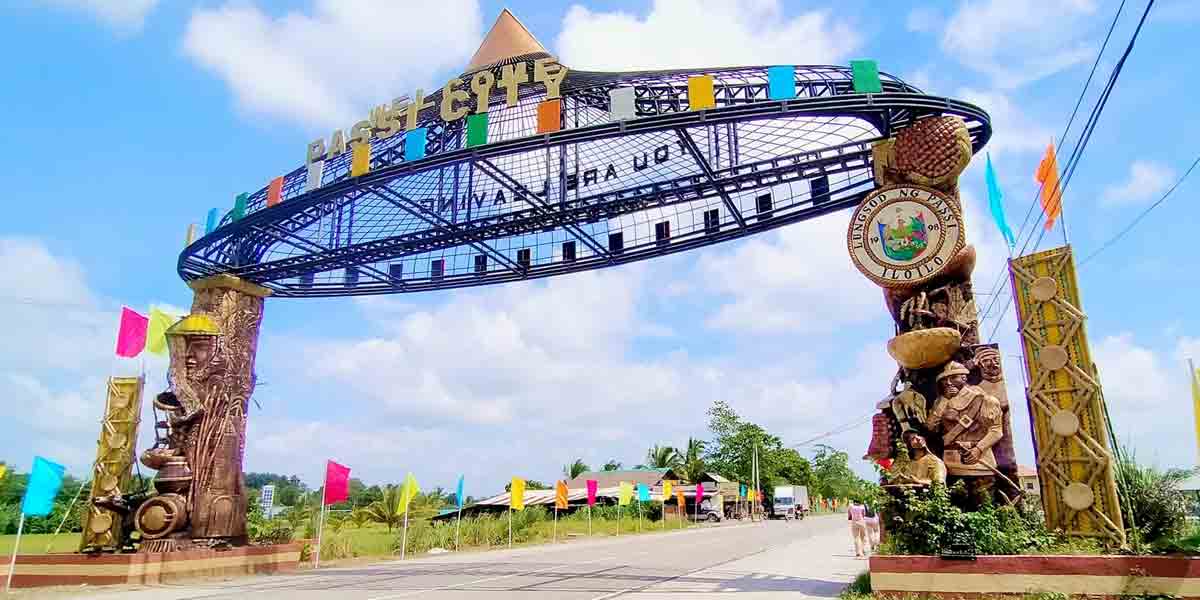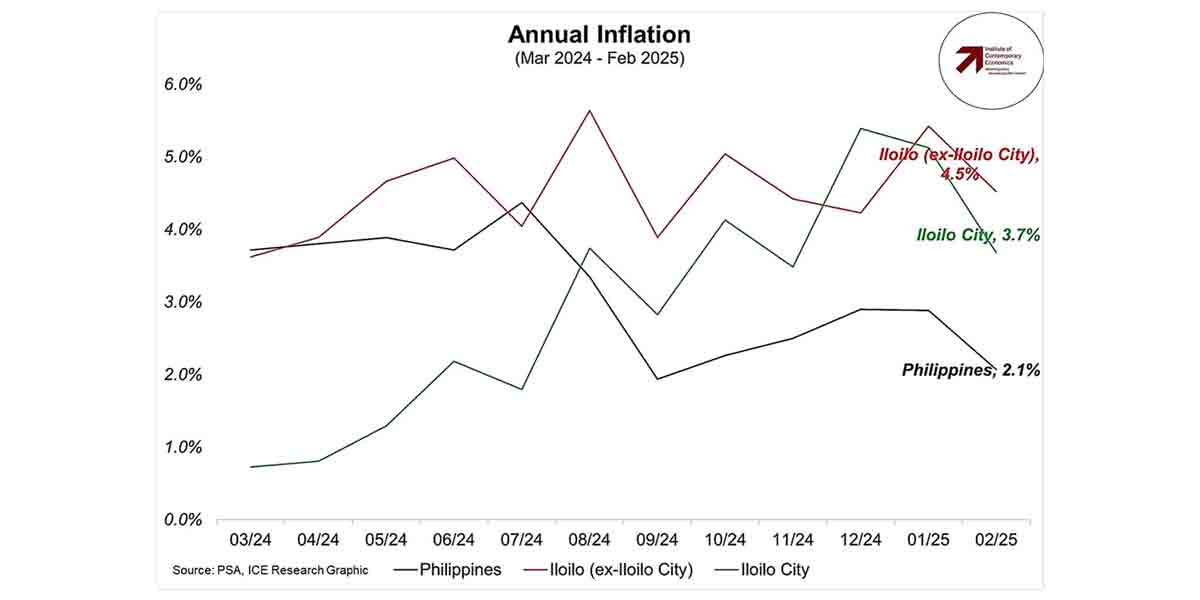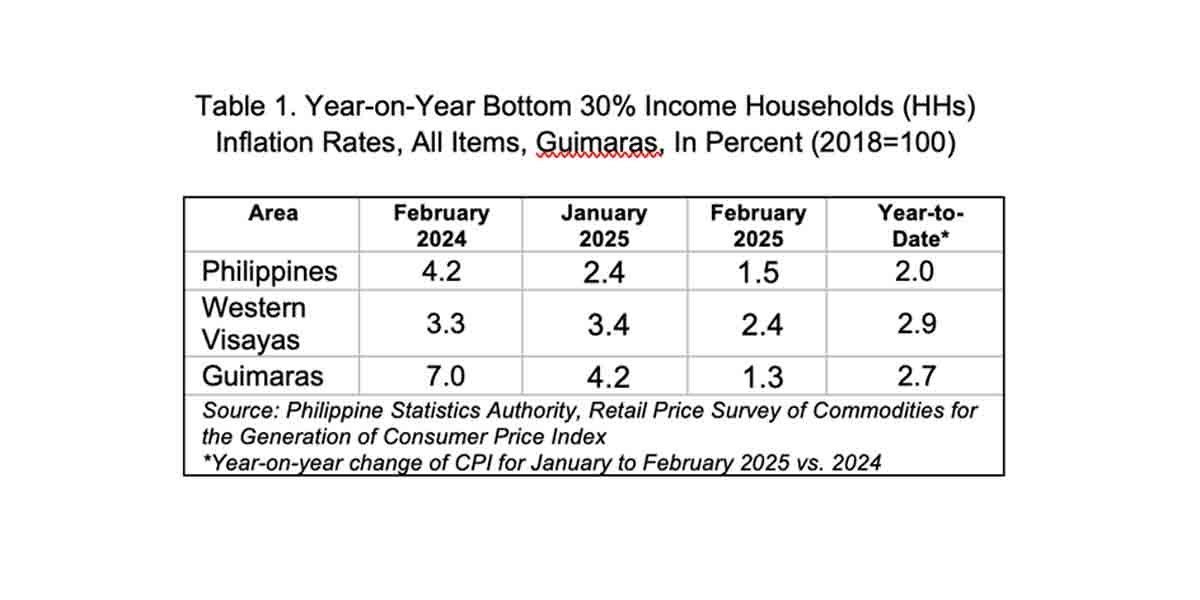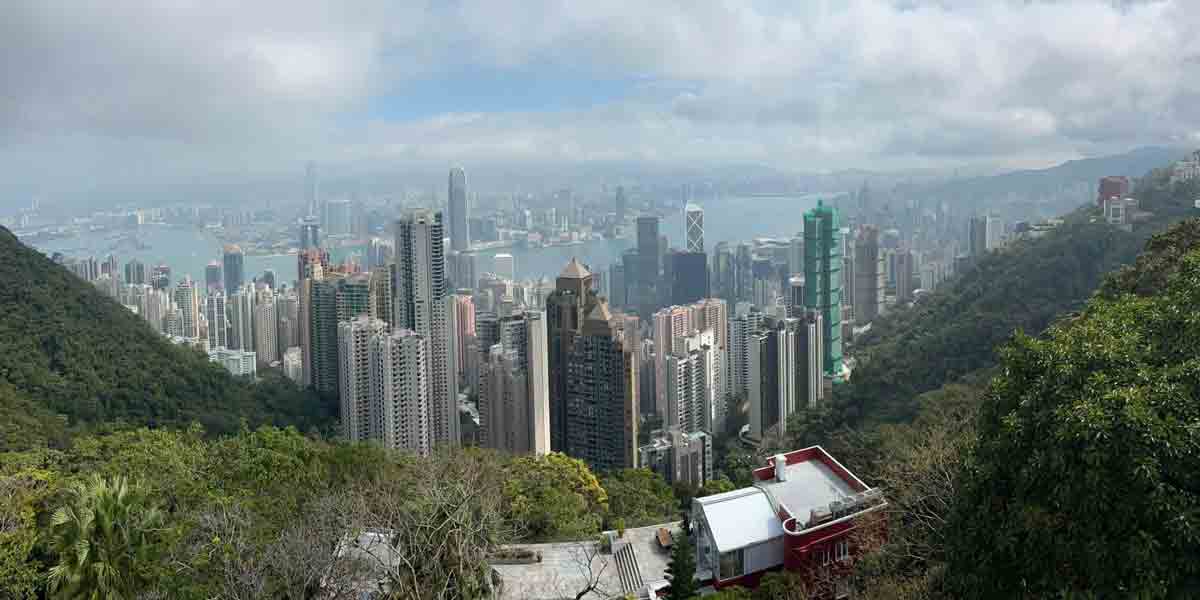By Alex P. Vidal
“Only a strong economy can create higher asset values and sustainably good returns for savers.”—Ben Bernanke
ACCORDING to Iloilo Governor Arthur “Toto” Defensor Jr. the creation of Negros Island Region (NIR) that separated Negros Occidental from Western Visayas was “unlikely to have an impact on the economy and other aspects of Iloilo province.”
Defensor did not elaborate in his interview with the local press, but his statement was contradicted by the Philippine Statistics Authority (PSA), which reportedly claimed Negros Occidental’s departure from the region “would have a significant impact on the region’s economic figures.”
In a press briefing on Western Visayas’ economic performance for 2023 before President Ferdinand “Bongbong” Marcos Jr. formalized NIR’s creation by signing it into law recently, PSA Regional Director officer-in-charge Nelida Amolar said it could reduce the region’s economic performance by almost 40 percent.
Amolar claimed Western Visayas was a trillionaire even before NIR was implemented even as she lauded Negros Occidental and Bacolod City for the region’s economic boom.
-o0o-
In 2023, Wester Visayas was the second fastest-growing regional economy which grew by seven percent, according to PSA. The bulk of support came from Capiz, Aklan, Antique, Iloilo, Negros Occidental that translated the overall value of WV’s economy reportedly at P1.024 trillion.
Even Central Visayas was expected to lose P179 billion in its economy or an estimated 14 percent as Negros Oriental and Siquijor splits from Region 7 with NIR’s the creation, it was reported.
Based on the 2022 Provincial Product Accounts (PPA), Engineer Felixberto Sato Jr., supervising statistical specialist of the Philippine Statistics Authority in Central Visayas (PSA-7), reportedly claimed that Negros Oriental has a share 12.9 percent to the region’s economy, Siquijor has 0.9 percent share.
Central Visayas’ economy was valued at P1.38 trillion based on the 2023 Gross Regional Domestic Product (GRDP), it was reported.
The combined incomes of Negros Oriental and Siquijor reportedly totals about P179 billion. Even with these provinces separating from Region 7, Central Visayas will still have an economy valued around P1.2 trillion, according to the PSA-7 chief as reported.
-o0o-
OUR REAL DESTINY. When asked “what is our destiny?” and “what are doing here on earth?”, the great author, Dr. Mortimer J. Adler, answered:
What do men have in mind when they ask this question? Asking it is a peculiarly human phenomenon. Other creatures just exist and go on unquestioningly to pursue their natural ends–to be a tree or a bird or a stone. It is man’s peculiar misery or glory that he perennially poses the question of the purpose of his own existence.
What, then, are men who ask this question trying to discover? Are they asking about the destiny appointed by God for man to achieve through his earthly existence? Does man have an ultimate goal beyond the sphere of the temporal experience? And if so, what must he do to attain it? The Christian doctrine of the Kingdom of God as man’s ultimate destiny is one of the answers to the question.
Or are men asking whether human life can be made significant on earth by achieving all the perfections of which it is capable? In the philosophy of Aristotle, each kind of creature tends toward the perfection of its own nature. Thus, for man, the goal–the purpose–of life is to achieve the virtues that constitute happiness.
As against these theological and philosophical ideas of human destiny, our question may arise from a conviction of the purposelessness of the physical universe as a whole. We look out on the world around us and see nothing but a whirl of atoms in a meaningless void. Whether we see the physical world as chaotic and “chancy” or as an orderly cosmos, human life may still seem meaningless and valueless.
The pattern of material events is no answer to the questing human heart and mind. All of science remains silent when man asks, “What am I doing here? Where did I come from? Where am I going? What is the purpose of my life?“
Many modern thinkers, faced with this urgent and disturbing questions, reject the traditional theological and philosophical views of the purpose and meaning of human life. They assert that men can and must set their own goals, and find meaning in the creation and transformation of their own nature.
In their view, a man who is truly human must live for some transcendent goal that he sets himself. If he does not do this, he must be engulfed in overwhelming despair at the meaninglessness of life.
(The author, who is now based in New York City, used to be the editor of two daily newspapers in Iloilo.—Ed)






















